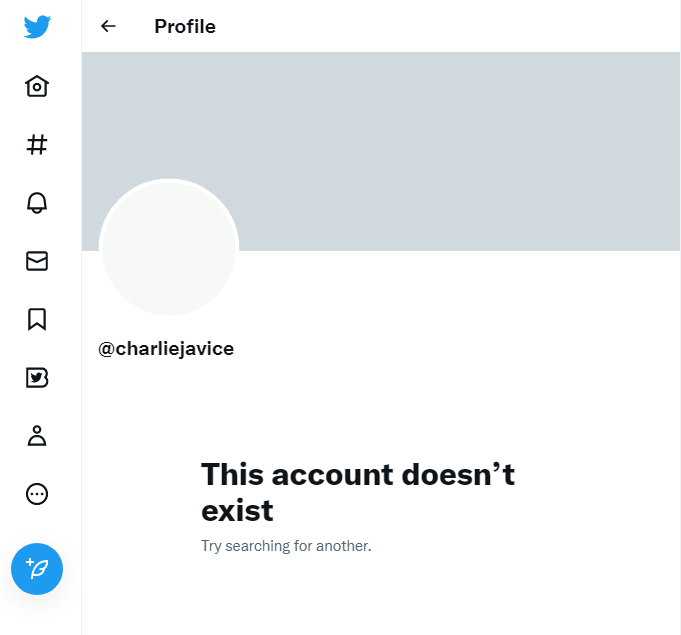Frank
|
Chez Guevara — Dining in style at the Disaster Café™
|
What happened, according to JP Morgan’s own complaint.[1]
The start-up business
- In 2017, Charlie Javice, a photogenic[2] 24 year-old founded “Frank”, an online tool to help students apply for federal student aid.
- It is not clear how Frank proposed to make money from this, but okay.
- By early 2021 Frank was publicly claiming to have helped millions of students obtain billion dollars of loans (emphasis JP Morgan’s).
Enter the house of Morgan
- In July 2021 Javice tried to flog the business to JPMorgan, claiming to have 4.25 million “users”, who had created an account on Frank’s website with a first and last name, email address and phone number.
- This appears to have been a bare-faced lie. JP Morgan called her bluff.
Due dilly and the dodgy dossier
- As part of its “critical confirmatory due diligence”, on 1 August 2021 JPM asked to see the account data.
- Frank engaged an as yet unnamed data science professor, whom we will call the “dodgy data science professor” for reasons that will become obvious, to make up some plausible sounding data, using “synthetic data techniques”.
- Memorable quote from JP Morgan:
“Synthetic data, in plain English, is fake information.”
- Frank paid the dodgy data science professor $18,000 for his trouble, first unilaterally doubling his hourly rate, then adding $4,500 to his bill to persuade him to be discrete on his invoice.
- Frank’s Chief Growth Officer Olivier Amar simultaneously bought a list of 4.5m actual high school students, college students and young people from a marketing firm for $105,000.
- On Thursday 5 August 2021, Frank agreed to share some data (but, citing privacy compliance) with email and physical addresses substituted for unique identifiers) with a third party vendor to validate it. Another memorable JP Morgan quote from the complaint:
“The Fake Customer List had no value as diligence information. It did not tell JMPC anything about Frank, its business, or the students who supposedly started filling out FAFSAs”.
The deal closes
- Yet JP Morgan went ahead all the same.
- On Sunday August 8, JPMorgan acquired Frank for $175m, hiring Javice, Amar and other Frank staff as employees to run the business. The deal closed in September.
About that customer list
- In January 2022, to test the quality of the customer list, JPMC asked Javice to send the list to the JPMC client outreach team. Javice sent botch up of the actual young people data list they bought.
- JPMC reached out via email to a random sample of around 400,000 emails on the list list Frank provided of these only 103 recipients even clicked through to Frank’s. Another memorable quote from JP Morgan:
The marketing campaign was a disaster.
- In June 2022 JPMC investigated, found emails attesting to all the above from their now employees, fired them and shut down Frank.
Blaze of lawsuits
And there might it have ended, had Javice not sued JP Morgan, in December 2022, alleging the bank used its investigation into Frank as an excuse to fire her from her job with the company. Rather than stoically, and quietly, defending this patently frivolous action, JP Morgan countersued for its acquisition cost, and as a result the world’s media with an embarrassing take of witlessness, all around, for what is in JP Morgan’s scheme of things a paltry sum.
The dog in the night time
So Frank earns a place in our Dog in the Night-time series, despite being a fifth of the usual size to qualify for entry.
Belief suspenders
What were the defeat devices that might have put JP Morgan’s gimlet-eyed due-dilly fiends off the scent?
- Insta-cred: Javice has great hair and sparkly blue eyes? Young millennial? She Instagrams well? In the #metoo generation we would like to think JP Morgan executives were not swayed by this.
- Star quality: Made it to the Forbes “30 under 30 list” — These days Forbes is basically a blogging platform, so make of that what you will.
- Intermediaries: There was an agent — the third party vendor — but it didn’t warrant as to the data, and it was only involved due to bogus privacy concerns.
- Privacy: As a plausible excuse for not telling you something you need to know.
Red flags
- Priors: form for regulatory bother: Frank had some form for grandiosity on its website, having been ticked off previously for over-stating its connections with the Department of Education[3] and making misleading claims about COVID.[4]
Seriously?
But in the main, this comes down to poor policework by JP Morgan. They said it themselves: “The Fake Customer List had no value as diligence information. It did not tell JMPC anything about Frank, its business, or the students who supposedly started filling out FAFSAs”. That being the case, why did they go ahead with the acquisition? How did they come up with the USD125m valuation?
See also
References
- ↑ read at leisure.
- ↑ JPMorgan’s complaint does not specifically allege that Javice was photogenic but she was, so we are going with this.
- ↑ https://www.businessinsider.com/charlie-javice-frank-jpmorgan-settlement-department-education-2018-2023-1?
- ↑ https://www.ftc.gov/system/files/warning-letters/covid-19-letter_to_frank.pdf
